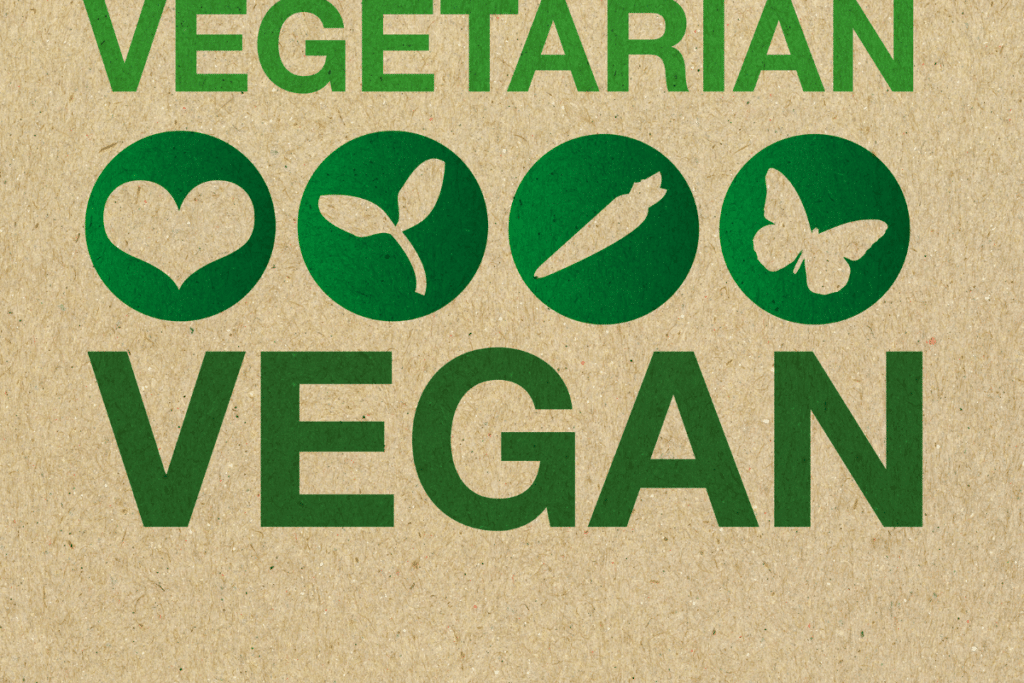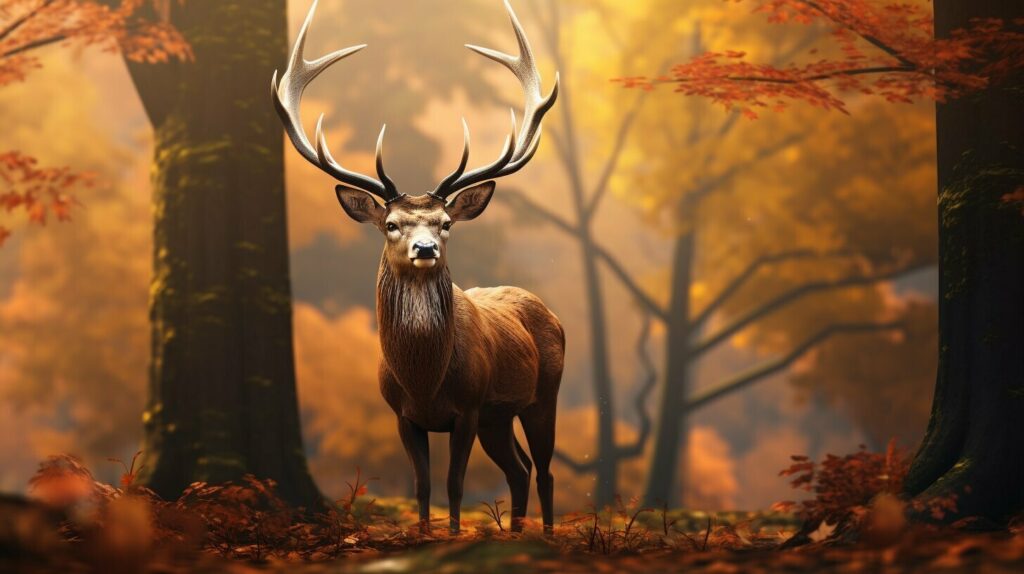Compassion: Liberation Through Veganism

Compassion: 2 of 3 Incredible Vegan Lifestyle Benefits to Amplify Awakening
Welcome to article 2 of 3 in this series about how a vegan lifestyle can amplify spiritual awakening. In the first article, we discussed the health benefits of a plant-based diet. This article will look at the potential benefits of a vegan lifestyle on compassion and how it relates to your spiritual development. In the final article, we will explore the potential of veganism for spiritual detoxification and advancement to amplify your awakening as a spiritual Goddess.
Non-Violence in Religion and Spirituality
In Eastern religions, Ahimsa is one of the key virtues. Ahimsa means non-violence towards all living beings, including the self. In these systems, there is a direct link between compassion and spirituality.
Buddhism
In Buddhism, Ahimsa is the first precept of the moral code of ethics practiced by all Buddhists, whether monastic or lay. The Buddha taught that to progress spiritually, you need to be free from the guilt associated with killing, and that all beings have the will to live, and therefore, to take their life for your own benefit is morally wrong.

“All beings tremble before danger. All fear death. When you consider this, you will not kill or cause someone else to kill. All beings fear before danger. Life is dear to all.” ~ The Buddha, The Dhammapada
Jainism
Similarly, in Jainism, Ahimsa is the first of the five fundamental vows of the Mahavratas, or ‘Great Vows.’ All the other vows, Satya or truth, for example, are there to support the first vow of Ahimsa. We can see how compassion and spirituality are very intrinsically linked.
Hinduism
Ahimsa is also a central ethic in Hinduism. The Mahabharata, one of the epic Hindu texts, advocates the phrase Ahimsa Paramo Dharma, translated as ‘non-violence is the highest moral virtue.’
Yoga Philosophy
In Patanjali’s Eight Limbs of Yoga, which is derived from the Hindu texts, Ahimsa is the first principle of conduct in the first limb of this entire roadmap to liberation. This indicates the importance of Ahimsa as a foundation for living a moral life and for spiritual advancement.
We can see that non-violence is a major tenet in most Eastern religions, and the link between compassion and spirituality has roots dating back to the very beginning of the creation of moral and ethical codes of conduct.
Compassion vs. Social Conditioning
“You put a baby in a crib with an apple and a rabbit. If it eats the rabbit and plays with the apple, I’ll buy you a new car.”~ Harvey Diamond
I believe that no human is born wanting to cause harm to others. Like Harvey says, we are born knowing what’s right. It takes living in the society we are born into for a few years for us to learn that it’s ‘normal’ to torture and murder other species for the sake of appetite. Notice I say ‘appetite’ and not ‘survival’ or ‘nutrition.’ As we discussed in the previous article, science has proven that we do not NEED to consume the flesh or reproductive substances from our animal cousins to survive or thrive.
We believe that we need these things because of what we learn as we grow up in our respective societies. Although most cultures around the world have developed conditioning to say that it is necessary to eat animals and their reproductive substances for life and health, there are many differences as to WHICH animals it is okay to torture and eat. This is where I believe we can see the truth that it is, indeed, conditioning and not fact.
Food or Friend?
In the West, we are conditioned to view some animals as beloved companions, some animals as needing our help and protection, and some animals as commodities and property, with no regard to their feelings or will to live. This conditioning forms a wall that blocks us from deepening our compassion and spirituality.
We certainly love our pets as if they were our real family. We shower them with affection, we buy their food and medical treatment, we sleep with them, take them on vacation, and we even give them ceremonial burials as we do with our own species. This behavior demonstrates that we feel deep compassion for them.
When we see advertisements on the television that ask us to donate money to keep the snow leopard or the black rhino or the Bornean orangutan from extinction, many of us dig deep. We give because it hurts our hearts to think of these beautiful creatures suffering and dying because of human action. This behavior also demonstrates our compassion for animals.
However, because of our conditioning, we do not extend this compassion to all animals. We have been brainwashed to view animals such as cows, pigs, chickens, fish, and many other species, as merely a commodity with no sentience, emotions, or capacity to feel pain. This conditioning has built a barrier inside our hearts that compartmentalizes our compassion so that we can eat these beings without feeling intense guilt and sadness. Of course, these emotions would be our natural response had we not been subjected to such conditioning from birth.
Global Cultural Conditioning
To highlight the fact that this is conditioning and not innate human morality, let’s look at social conditioning regarding eating animals around the world.
In Asia, an estimated 30 million dogs, including stolen family pets, are killed and eaten every year. In China, where this practice is prevalent, they celebrate the consumption of dog meat with an annual festival. Other countries where dog (and cat) meat is currently and regularly eaten include Thailand, the Philippines, Vietnam, Laos, Cambodia, and South Korea.

In countries such as Japan, Canada, Greenland, and Iceland, whale meat is eaten. Additionally, in Japan, Peru, St. Vincent, and Taiwan, dolphins are hunted and eaten.
Also, there are some native tribes around the world, including countries such as Indonesia, Africa, South Pacific Islands, India, and Cambodia, where cannibalism was practiced. These tribes regularly ate humans as recently as a few decades ago. The Korowai tribe of New Guinea, Indonesia, is reported to practice cannibalism still.
Most of us see eating whales, dolphins, companion animals, and humans as barbaric and cruel, and rightly so. But to people in the countries where these practices exist, it is not barbaric or cruel, because that is their conditioning and mindset, i.e., that is how their minds have ‘been set.’
“Could you look an animal in the eyes and say to it, ‘My appetite is more important than your suffering?”~ Moby
Transcending Conditioning
Hopefully, you can see from these examples that the reason cultures view some animals as food, some as companions, and see others existing simply for their own reasons is totally to do with social conditioning and mindset. This overrides natural compassion because perceptions have been so drastically distorted.
When you recognize that your learned perception is responsible for shutting down part of your compassion, and you decide to transcend these boundaries of perception, you will extend the compassion you have for your human friends and pets toward all sentient beings. You will realize that there is no difference between a human, dog, dolphin, whale, or cat who feels pain and wants to live and a deer, duck, rabbit, fish, cow, chicken, or pig who feels pain and wants to live.
When you come to this realization, you are able to connect with your intrinsic core values of Ahimsa and compassion without the bonds of social conditioning, just as you would have done as a child before your conditioning took place. This is a much more comfortable place to live because it lifts a layer of subconscious guilt from your being.
This guilt, even if you are not consciously aware of it, weighs you down, lowers your vibration, and holds you back from spiritual progression. Compassion and spirituality are so intrinsically linked that when you live from a place of alignment with your heart and values, your energy is light and free to move to higher states of consciousness, and magical things can happen.
“If you really care about animals, then stop trying to figure out how to exploit them ‘compassionately.’ Just stop exploiting them.”~ Gary Francione
Environment and World Hunger
Aside from harming other beings, including animals and humans, animal agriculture is one of the main factors in climate change, biodiversity decline, and deforestation. Planet Earth is our home, and also home to millions of other species. She does not belong to humans, yet we exploit her as if she did.
CO2 Emissions
Animal agriculture is responsible for more greenhouse gas emissions than all the world’s transportation combined. If we replaced protein from cows with protein from plants, we would reduce each person’s CO2 emissions from 900kg to just 33kg per year. That’s 867kg less CO2 for EACH PERSON! Just imagine what a difference that would make to climate targets and planetary healing. And that is just from replacing beef alone.

Deforestation and Biodiversity
Animal agriculture is also responsible for three-quarters of the world’s deforestation. 70% of the Amazon Rainforest has been cleared and is primarily used to raise crops to feed animals for human consumption. Factory farming and deforestation are also responsible for the sharp decline in biodiversity as a result of the destruction of diverse natural habitats.
World Hunger
In the 21st century, we produce enough food to feed every person on the planet, but still millions go hungry. We also have enough fresh water for everyone, yet millions of people don’t have access to it and instead have to drink contaminated water. To produce a pound of beef that would feed one person, we use 2500 gallons of fresh water and 12 pounds of grain that could feed many people.
According to David Pimentel, professor of ecology at Cornell University’s College of Agriculture and Life Sciences, “If all the grain currently fed to livestock in the United States were consumed directly by people, the number of people who could be fed would be nearly 800 million.”
Connecting with compassion for Mother Earth, who is being decimated in the false name of nutrition, and compassion for the millions of people who are starving will help us to make better choices for everyone who calls Earth their home.
Compassion and Enlightenment
This leads us on perfectly to the place of compassion in spiritual advancement. In Buddhism, compassion is one of the three features of enlightenment. The other two are: unrestricted awareness of reality (transcending duality), and an inexhaustible mental and spiritual energy. These three features of enlightenment combine to become a state of pure and unconditioned liberation from all limitations.
So, when we decide to cultivate compassion, when we choose to live from a place of love and generosity, we open the channels to our spiritual evolution. What all of these Eastern religions have in common is that they propose the cessation of spiritual advancement if harming, violence, and killing are practiced.
“Even as a mother protects with her life her only child, so with a boundless heart, should one cherish all living beings; radiating kindness over the entire world; spreading upwards to the skies and downwards to the depths; outwards and unbounded, freed from hatred and ill-will.”The Buddha ~ The Karaniya Metta Sutta
If a person cannot see past their societal conditioning and connect with their intrinsic human values of love and compassion, then there is only so far they can progress spiritually. They are creating an energetic blockage to progression and an undercurrent of unskillful mental states such as guilt, shame, defensiveness, and delusion. While these blockages and unskilful mental states are present, the individual cannot be truly free to fulfill their spiritual potential.
Summary
In this article, we have explored the principle of non-violence in Eastern religions and spiritual philosophies. We have looked at the social conditioning of different cultures regarding eating animals. We have seen how humans learn which animals to harm, to help, and to love depending on their culture.
We have seen that there is no difference between any sentient being who feels pain and wants to live and that using animals for food causes them immense suffering, is killing the planet and contributing to world hunger.
Lastly, we discussed how compassion is one of the three facets of enlightenment, and that if we choose not to cultivate indiscriminate compassion, we will experience unskilful mental states that block us from spiritual evolution.
We hope you have enjoyed this article, even if it has been provocative or challenging to your beliefs. We share this information not to judge or condemn, but simply to invite a deeper reflection on the topic of compassion, eating animals, and spiritual progression. We hope that you will accept the invitation and contemplate what these things mean to you personally.
If you want information on the science and construction of a vegan diet, see the first article in this series – How to Create Vibrant Health with a Plant-Based Diet. Feel free to post your questions in the comments box below; we would be delighted to assist you. In the third and final article of this series, we will explore the many ways in which a vegan lifestyle assists spiritual advancement.







[…] lifestyle for awakening. Article one explains the benefits and mechanics of a plant-based diet. Article two details the effects of living a more compassionate lifestyle on spiritual advancement. Article […]
[…] In the first article, we discussed the health benefits of a plant-based diet. In the second article, we explored the potential benefits of a vegan lifestyle on compassion and its relation to […]
[…] the answers to those questions. Over the next two articles, we will look at the potential benefits of a vegan lifestyle on compassion and spiritual detoxification and advancement to amplify your awakening as a spiritual […]
[…] Limbs of Yoga system), you would avoid causing harm to other living beings and the planet. To take ahimsa into the context of Karma yoga, you would not only avoid causing harm, but you would also actively seek out opportunities to do […]
[…] ethics of Ahimsa (non-violence; part of Patanjali’s Eight Limbs of yoga) and the first Buddhist precept […]
[…] on opening your heart chakra and developing compassion for others. Practice imagining what it would be like to be in another person’s position. This […]